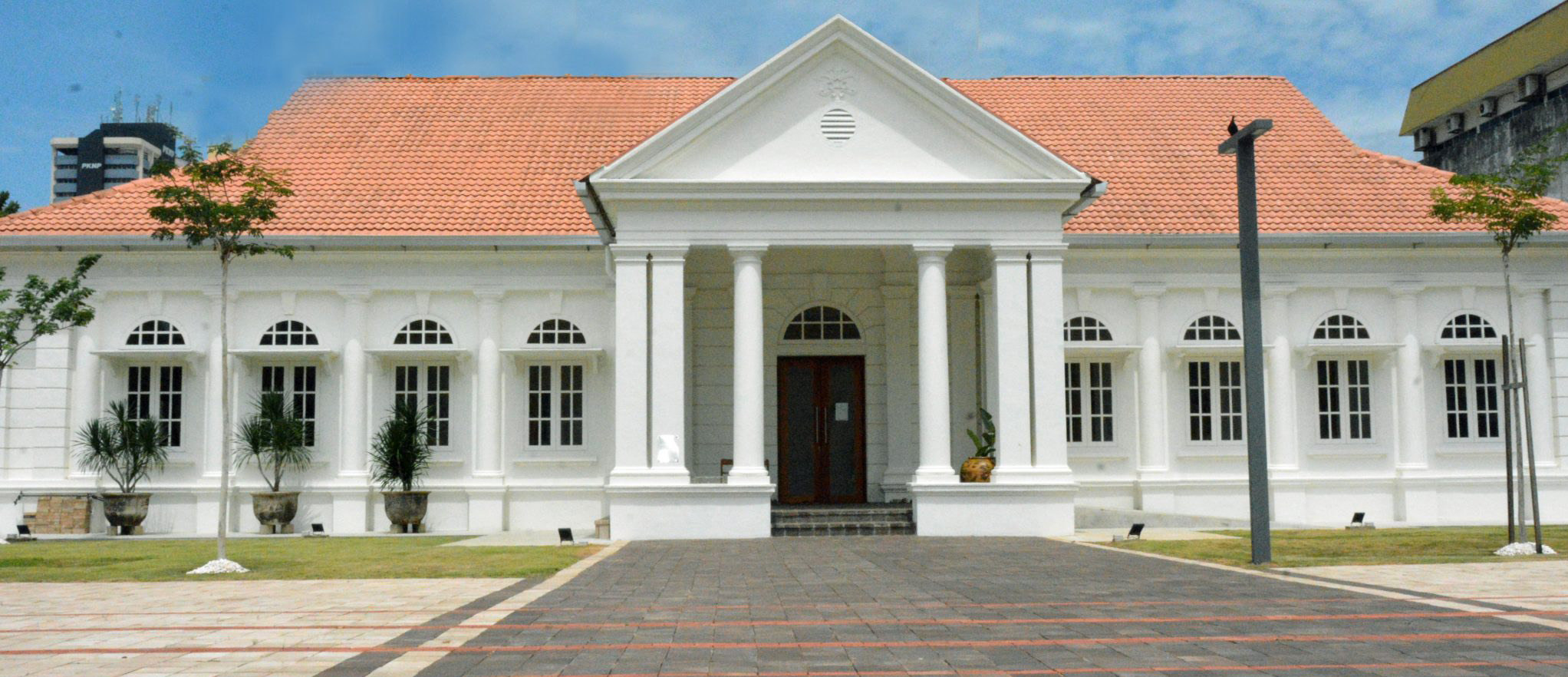The Life and Times of Abū Tammām / (Record no. 3315)
[ view plain ]
| 000 -LEADER | |
|---|---|
| fixed length control field | 02154nam a22002057a 4500 |
| 003 - CONTROL NUMBER IDENTIFIER | |
| control field | PMNP |
| 005 - DATE AND TIME OF LATEST TRANSACTION | |
| control field | 20250606092102.0 |
| 008 - FIXED-LENGTH DATA ELEMENTS--GENERAL INFORMATION | |
| fixed length control field | 250606b |||||||| |||| 00| 0 eng d |
| 020 ## - INTERNATIONAL STANDARD BOOK NUMBER | |
| International Standard Book Number | 9780814760406 |
| 040 ## - CATALOGING SOURCE | |
| Original cataloging agency | PMNP |
| Language of cataloging | eng |
| Transcribing agency | Kutubkhanah Diraja |
| 082 ## - DEWEY DECIMAL CLASSIFICATION NUMBER | |
| Classification number | 892.7 |
| 245 ## - TITLE STATEMENT | |
| Title | The Life and Times of Abū Tammām / |
| Statement of responsibility, etc. | Abū Bakr al-Ṣūlī; Edited and Translated by Beatrice Gruendler |
| 260 ## - PUBLICATION, DISTRIBUTION, ETC. | |
| Place of publication, distribution, etc. | New York |
| Name of publisher, distributor, etc. | NYU Press |
| Date of publication, distribution, etc. | 2015 |
| 300 ## - PHYSICAL DESCRIPTION | |
| Extent | 424p |
| Dimensions | 6.00 x 9.00 in |
| 520 ## - SUMMARY, ETC. | |
| Summary, etc. | Abū Tammām (d. 231 or 232/845 or 846) is one of the most celebrated poets in the Arabic language. Born in Syria to Greek Christian parents, he converted to Islam and quickly made his name as one of the premier Arabic poets in the caliphal court of Baghdad, promoting a new style of poetry that merged abstract and complex imagery with archaic Bedouin language. Both highly controversial and extremely popular, this sophisticated verse influenced all subsequent poetry in Arabic and epitomized the “modern style” (badīʿ), an avant-garde aesthetic that was very much in step with the intellectual, artistic, and cultural vibrancy of the Abbasid dynasty.<br/><br/>In The Life and Times of Abū Tammām, translated into English for the first time, the courtier and scholar Abū Bakr Muḥammad ibn Yaḥyā al-Ṣūlī (d. 335 or 336/946 or 947) mounts a robust defense of “modern” poetry and of Abū Tammām’s significance as a poet against his detractors, while painting a lively picture of literary life in Baghdad and Samarra. Born into an illustrious family of Turkish origin, al-Ṣūlī was a courtier, companion, and tutor to the Abbasid caliphs. He wrote extensively on caliphal history and poetry and, as a scholar of “modern” poets, made a lasting contribution to the field of Arabic literary history. Like the poet it promotes, al-Ṣūlī's text is groundbreaking: it represents a major step in the development of Arabic poetics, and inaugurates a long line of treatises on innovation in poetry.<br/><br/>A bilingual Arabic-English edition. |
| 650 #0 - SUBJECT ADDED ENTRY--TOPICAL TERM | |
| 9 (RLIN) | 2751 |
| Topical term or geographic name entry element | Poetry |
| 942 ## - ADDED ENTRY ELEMENTS (KOHA) | |
| Source of classification or shelving scheme | |
| Koha item type | Books |
| Suppress in OPAC | No |
| Withdrawn status | Lost status | Source of classification or shelving scheme | Damaged status | Not for loan | Home library | Current library | Shelving location | Date acquired | Total Checkouts | Full call number | Barcode | Date last seen | Price effective from | Koha item type |
|---|---|---|---|---|---|---|---|---|---|---|---|---|---|---|
| Perbadanan Muzium Negeri Pahang | Annexe Office | Annexe | 06/06/2025 | 892.7 | 2025-0140 | 06/06/2025 | 06/06/2025 | Books |
